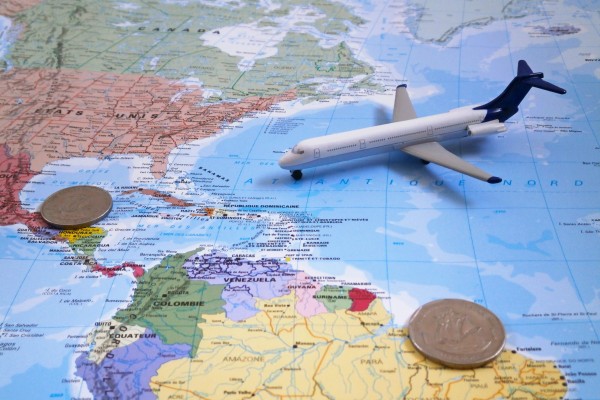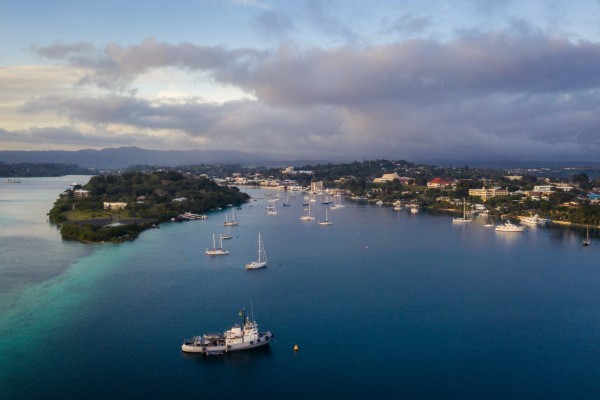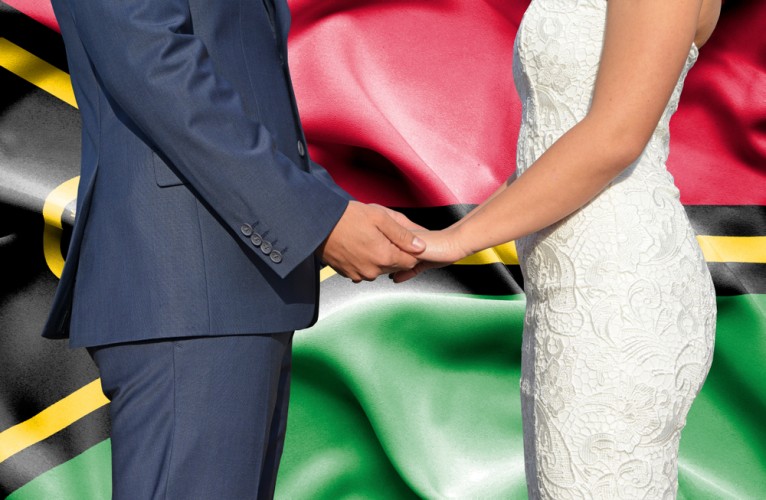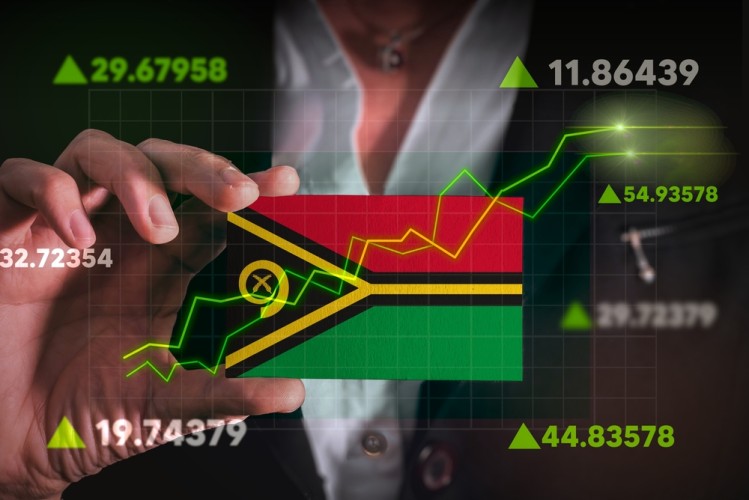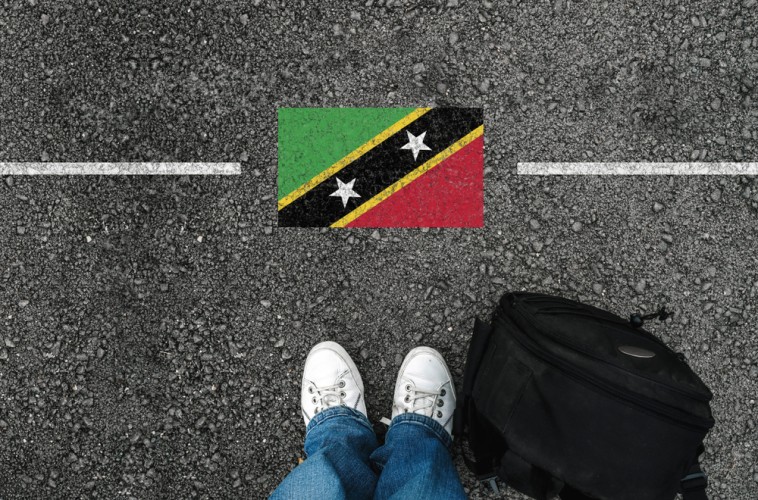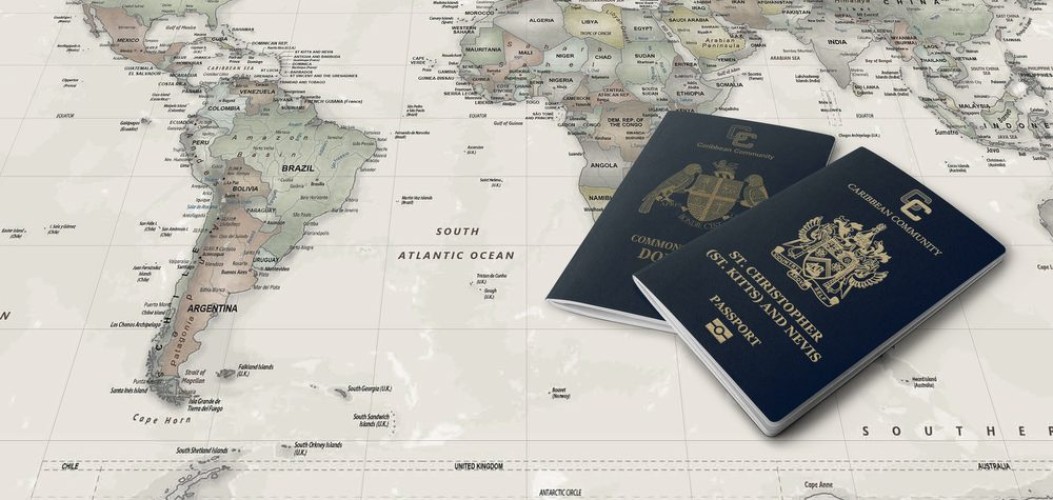The term economic citizenship implies obtaining foreign nationality not through a lengthy naturalisation process involving the need to reside in the chosen government, pass a language test or exams on the nation’s history, but in exchange for investing in the economy, i.e. for money. The legislation of nations offering second passports under such schemes often provides for the alternative option of non-refundable donations instead of returnable investments.
What is economic citizenship?
Although the term economic citizenship has aroused some scepticism among immigration lawyers, in a certain sense it is justified. On the one hand, the institution of citizenship in the full sense of the word is a stable legal link between an individual and the government. This link is absolute and is automatically inherited by a citizen’s children. Based on this logic, citizenship cannot be political, economic, social or anything else. On the other hand, its granting for investing has made certain adjustments to the very notion of citizenship.
In some nations, such as Malta, investors are given full citizenship, which is no different from that of the local population. In others, such as St Lucia, citizenship obtained for investing is not passed on to children born after the parents have obtained a passport. Or a second example: St Kitts and Nevis does not give economic citizens the right to vote or be elected to public office. A new citizen of St. Kitts and Nevis may have this right if, he or she moves to the islands and lives there for a minimum of 2 years. In other words, the term economic citizenship implies either the existence of some restrictions on the rights of a citizen who has obtained this status in exchange for investing, or the possibility of restrictions.
Economic Citizenship vs. Immigration by Investment
Using the method of exclusion, economic citizenship can be defined as nationality that was obtained:
- not as a result of the applicant’s long-term residence in the new homeland and his/her integration into society;
- not through the process of reunification of a separated family or marriage to a permanent resident of another government;
- not by birth or blood.
The process of obtaining a passport of another government in exchange for investing, thus, can be safely called economic citizenship or citizenship for investing. And there is no significant difference between the two terms. Just as there is no difference in the rights and obligations of such a citizen and all other citizens of the nation.
Economic or, as it is also called, investing immigration is a broader term, as it implies obtaining both citizenships and residence permit of a foreign country in exchange for investing. In some European jurisdictions it will take up to 10 years before you receive a passport, but for the investing you will be ready to grant a residence permit, which gives you the right to live, work and travel freely within the Schengen area.
Unlike a passport, a residence permit must be renewed periodically.
If you did not initially plan to live abroad, but you need the ability to travel freely to Europe, programmes to grant residence permits for investing are more preferable, as you do not need a huge amount of money to participate.
As a rule, the process of investing immigration is initiated by the government of the country and is carried out within the framework of a special government programme, which provides significant benefits to foreigners who are ready to invest in economic development. For example, you will not have to master the language and learn cultural traditions. In the UK, the prestigious Tier 1 investor category also has many advantages, but all the privileges are not the result of any special programme, but are simply provided by the law regulating immigration to the British Isles.
Benefits of economic citizenship
Each country has its own nuances for obtaining investing citizenship. We can highlight the advantages of such programmes:
- loyal requirements, Due Diligence checks are mostly uncomplicated;
- applicant’s right to bring his/her family with him/her (wife/husband and children under 18 – by default, older children, parents, brothers, sisters, grandparents – if they are dependents);
- the passport is issued for life and is inherited by newborns.
Conditional disadvantages of economic citizenship, which also need to be mentioned:
- Financial outlay. The minimum is $100000;
- Adaptation and language skills. Even if this point is not in the conditions of citizenship for investing, you will have to get into the local specifics to feel comfortable in the nation.
Which government is more suitable for relocation? It all depends on the preferences, goals and objectives of the applicant.
Countries offering economic citizenship
Five Caribbean governments and a country in Oceania, Vanuatu, allow you to become a second citizenship holder in 1-6 months, bypassing residence permit/permanent residence. Pros of the programmes:
- Relatively low entry threshold. To obtain passport of Saint Lucia, Antigua and Barbuda, Dominica will need to invest from $100000. Immigration to St Kitts and Nevis will cost from $125000, to Grenada – from $150000.
- There are return options – investing in property, business. They can be returned after 5-7 years.
- Registration is done remotely. There are also no requirements for residence.
These are the fastest and most affordable second passports in the world.
Dominica
Dominica’s economic citizenship programme is quite established and successful. To obtain it, an investor needs to donate an amount between $100,000 and $200,000 or buy a home on the island worth $200,000 or more and pay government fees.
St Lucia
The economic citizenship programme was launched in January 2016. To obtain a it, an applicant needs to either donate $100,000 ($150,000 if a family) or buy a property worth $200,000 or more. The main disadvantage of Saint Lucia citizenship is that unlike all other schemes where the passport can be inherited to future generations without additional investing, the Saint Lucia programme is pure “economic nationality” which is not inherited (an exception is made only for children born within the first 5 years of the principal applicant’s nationality).
Grenada
In order to obtain economic citizenship of Grenada, you need to either buy a property on the island worth $220,000 or donate $150,000 to the island’s development fund. Nationality is granted in quick terms, the consideration of documents takes no more than up to 3 months. In addition to the ability to move to the Caribbean Grenadians have the right to travel without the need to obtain a visa for Schengen, Great Britain, a number of nations in Latin America. A visa to the USA can be obtained for a period of 10 years. It is also the only Caribbean passport that allows you to fly without a visa to China.
St Kitts and Nevis
Of the non-European options economic citizenship of the Federation of St Kitts and Nevis is undoubtedly one of the most interesting options. For an official donation of 350,000 USD a family of up to 4 people can obtain passport of this Caribbean government. The documents cannot be done remotely as obtaining the documents is personal and will require a visit to the islands. Holders of this document can visit the UK, all Schengen governments, many Latin American nations as well as Russia without a visa.
Vanuatu
A passport from the Pacific Republic of Vanuatu is a relatively good document for visa-free travel around the world. Unfortunately, the visa-free Schengen option for Vanuatu citizens is currently suspended and it is not known whether it will come back to life or not.
However, with a Vanuatu citizenship you can visit 103 nations around the world, including Russia, without a visa. Vanuatu is also a recognised tax haven in the Pacific; there is no income tax and a number of other taxes. To participate in the programme, you need to donate $130,000 if the applicant is alone and $180,000 if it is a family of up to 4 people. To date, Vanuatu is probably the only country whose passport can be purchased by those applicants whose primary source of origin of wealth is bitcoins and other cryptocurrencies. The processing time for applications is record fast, up to 2 months.
Guide to choosing an economic citizenship program
The method of legalisation in exchange for investing should be chosen based on the specific conditions of the programme. For example, for entrepreneurs it is preferable to buy a company or invest in an existing business. It is easier for foreigners without entrepreneurial experience to purchase property.
The procedure for investing immigration may vary depending on the particular government and the programme in place, but consists of several common steps:
- Collection and preparation of documents. Investing capital in another government involves a detailed study of the requirements of local legislation, transfer of the full amount to a valid bank account in the country or abroad. Additionally, it is necessary to collect certificates of stable income that can meet the needs of the applicant and, if necessary, his family members. It is also necessary to rent accommodation in the territory of the country of immigration or purchase a residential property. Documents issued by government authorities should be translated into the official language of the chosen country and legalised.
- Making investments. To participate in the immigration programme it is necessary to open a deposit in a bank and invest in the selected object.
- Verification for reliability. The responsible commission checks the candidate for compliance with the conditions of the investing programme. For the subsequent obtainment of economic citizenship it is important that the applicant has not been convicted, has not been involved in criminal proceedings, and the invested funds were earned legally.
- Submitting a request for residence permit, permanent residence permit or citizenship. Having prepared the documents on the investing, the applicant together with his family can apply for the status of a resident or citizen in the government. Usually the application is registered with the migration authorities or departments of the Ministry of Internal Affairs. In Turkey, Grenada and a number of other nations it is possible to obtain economic citizenship immediately without prior registration of residence permit or permanent residence permit. Resident status should be renewed several months before the expiry date on the previous grounds. Investments should be retained until the nation’s passport is obtained.
If the eligibility requirements are met, the resident is eligible to apply for a passport. Additionally, a certificate of knowledge of the government language and proof of stable income in the country may be required. If economic citizenship can be obtained without previous residency status, no additional examinations are required.
The second passport for financial investments provides a number of advantages for the owner:
- expansion of the list of nations for visa-free entry;
- access to government medical care and insurance;
- the right to reside in the chosen country for an unlimited period of time;
- opportunity to expand the business by entering a new market;
- access to the banking system, mortgages and loans in financial institutions of the selected nation.
You will need to pay government duties and stamp duties when applying for a passport.
It is usually issued within six months.

